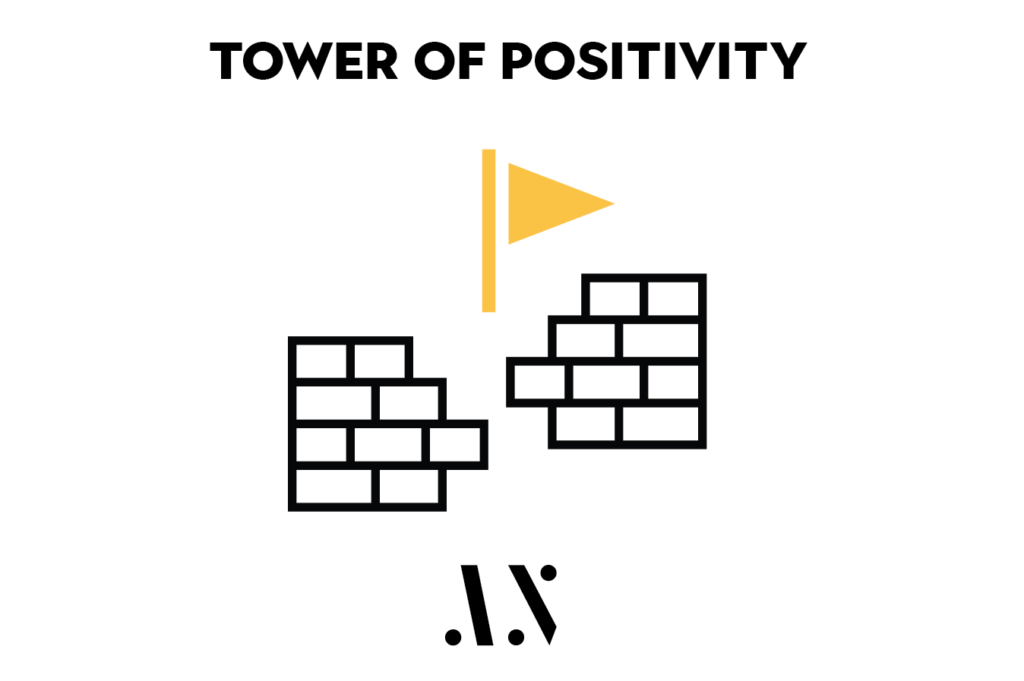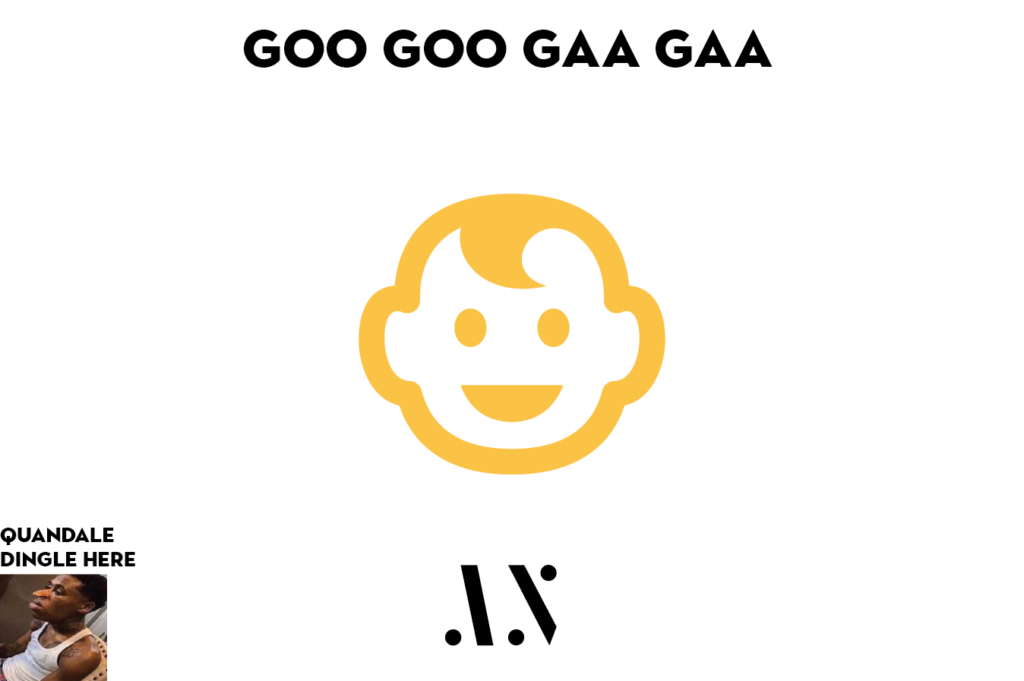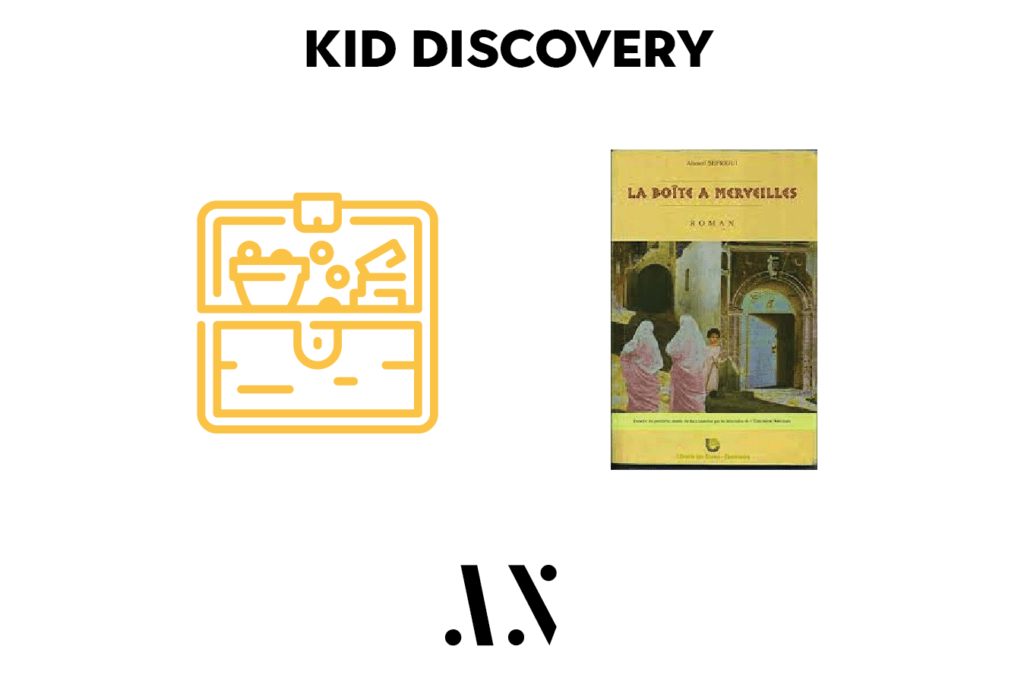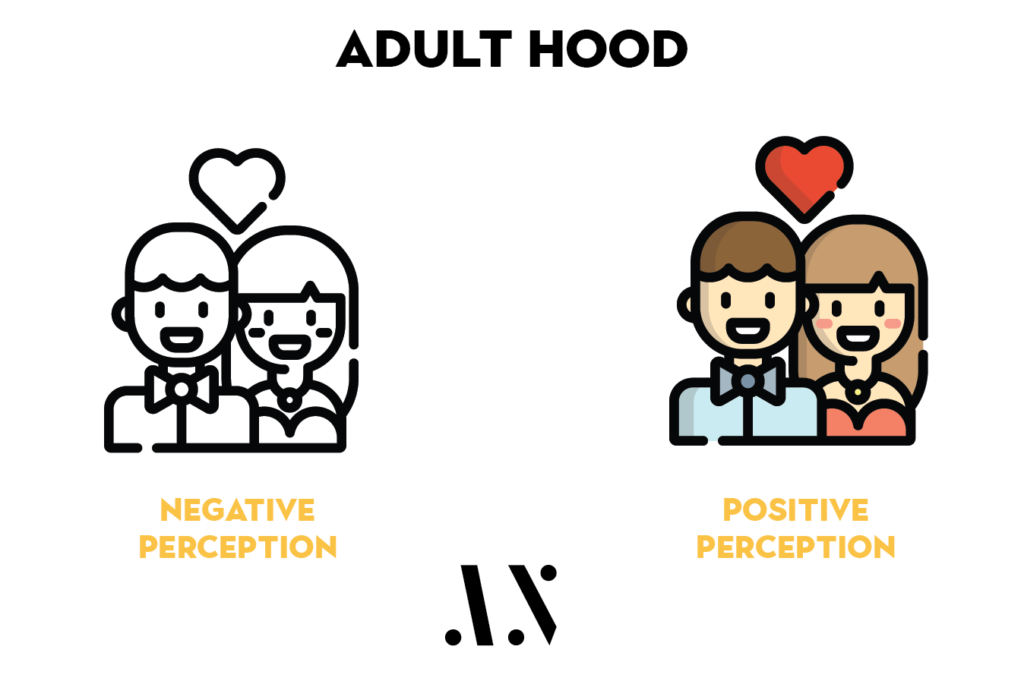Negativity and Toxicity are topics often associated with Moroccans by Moroccans. But is it true? In this article, We try to investigate if it’s true, where does it come from, and can Gen Z and Millenials break the cycle?
I’m certain that both I and you have been told that “You can’t do anything good in Morocco”, “Moroccans do not encourage you to succeed”, or something along those lines at least once in their lifetime. While there must be some truth to it, a lot of people have received encouragement and positive feedback from fellow Moroccans.
One of these examples is me. Whenever I started a new project, whether it was a business idea or a service, people would react positively and support me. Although some readers might argue that “it’s biased since this positivity stems from your social circle”, I and countless other individuals have positive circles which added on top of each other, creating a tower of encouraging Moroccans.

Due to this large discrepancy between what we are being advised and what we are noticing, I’ve set out to explore this answer for myself. Are Moroccans negative and toxic? Are we positive and encouraging? Or are we neutral and uncaring?
Examples of Moroccan Negativity and Toxicity
According to Locke’s philosophy, an infant’s mind is a blank slate that gets painted by his parents and environment. For a topic that might just be a result of generational conditioning, it only seems fitting to write about examples of negative experiences that a child faces throughout his life, to understand how it shapes them.
NOTE: As much as this topic speaks about Moroccan Negativity and Toxicity, I believe that human experiences are universal. As such, these examples are most likely common across the world. (That’s right, the title is done solely for clickbait and SEO benefits, sue me!)
Goo Goo Gaa Gaa (Baby Stage)

The moment a baby is born, they are thrown into a world of needs. A baby that cannot act for himself or speak, will cry for milk, will cry for attention, and will grab the attention of his parents. Do these actions receive backlash? Well, hardly so. A baby who is not even conscious just yet fails to process these experiences. Apart from a parent yelling for their baby to shut up for unjustifiable crying or to warn them, there aren’t many negative event a baby can go through.
While you might think a blank canvas allows parents to paint their child freely; I beleive these parents only use foundation paint to prepare him for future colors.
Just a Little Boy with His Boîte à Merveilles (Kid Stage)

When a kid becomes aware of his existence, can speak, and move by himself then he is ready to take his first steps into the big world.
His first negative experiences will most likely be from school. Be it bullying from his peers, or teachers discouraging him from interests, this kid will face resistance. This resistance rubs off on our kid (Yes, OUR KID! take responsibility)negatively, suddenly his dreams aren’t as ambitious anymore, his clothes aren’t the prettiest, and his looks aren’t that attractive.
And when school is mentioned, grades are brought into the discussion. Whether they are gifted or hard-working, our children will grow a competitive spirit. When his parents (I guess that’s us? weird huh) compare him to others for their scholarly performance, the seed of comparison and ego is planted in his thoughts.
Parents don’t get off as easy though. While they might make their children feel guilty for scoring bad grades, they are also responsible for entrusting family culture to them including the toxic ones. At a young age, we tell our children to behave, be quiet, and be good which only strive to repress their needs in favor of blending in. As a consequence, these kids will hide their emotions but harbor bad intent and jealousy on the side, which can become the norm for their emotions.
After setting the foundation, a kid’s parents and world paint the primary colors of his canvas. Although you don’t know what the painting is about, you know what colors it has.
Teenagers Kinda Scare The Sh*t Out of Him (Teenager Phase)

Depending on the way they were raised along with their home life, a teenager can turn out in two ways: an outspoken expressive rebel or a reserved obedient servant. While the latter’s negative emotions are often internal, the prior reflects his negativity in every way possible.
In both cases, teenagehood is the most self-aware period of our lives. During a time when hormones are rampant and responsibility is piled up, teenagers are aware of everything and everyone. During this time, their hobbies, financial status, and popularity matter a lot. As a result of this high pressure, teenagers often receive or initiate mental, social, and physical bullying.
Furthermore, teenagehood naturally renders a person more curious, which inclines teenagers to gain new hobbies and explore new paths. Although it is good, they are often met by toxic resistance or ridicule from their family or surroundings, especially if the path revolves around creative arts.
On top of that, girl teenagers also become sexualized and desired by men who are way bigger than their age and who groom them, which is a more negative experience that I am not fit to discuss.
When the primary colors are set, teenagehood paint the finer details of a canvas. From other colors to abstract shape, a teenager’s canvas is experimental and wild.
No One Told Him Life Was Gonna Be This Way (Adult Phase)

I would wager that the real definition of an adult, especially a young adult, is a teenager with more freedom, more money, and more responsibilities. It is during these years that people expect you to have your shit together. Naturally, this means that any negative experiences that will occur to you are fully yours to handle.
And experiences you will have… As an adult, you start reaching new places and statuses. Be it from work or university, you will face targeted resistance and toxicity. Whether it’s a macro-focused manager, arrogant Human Resources agent, or bitter professor, there will be countless experiences that will ultimately decide who you are.
While I can go on and on about all the different examples of negativity, I assume that you (the reader) are around 17-25 years old, so you most likely know the deal. That is why I would prefer to talk about internal reflection and your coping mechanism. At an age where there are no limits, you are as wreckless as you want or as strict as you allow yourself.
Ultimately, you control how you perceive. So if you are fogged by negativity then you will observe nothing but it. Kinda how that couple over there looks fake and those teenagers are being loud. Meanwhile, if your circle is positive then your perception vastly differs. That couple is madly in love and those teenagers are forming priceless happy memories.
I like to believe that when you become a young adult, you can finally look at your own canvas. What was painted by others is now yours to handle. Life hands you brushes and color, then asks you to paint it however you want. But be careful, take too long and the paint will dry. Suddenly, you’re 37 with no self-awareness of his behavior.
Where Do These Emotions Come From?
Now that we’ve settled examples of negative experiences an average Moroccan might experience. We can understand where this behavior comes from and what promotes it. Through some research and personal bias, I believe there are two main reasons:
Moroccan Socio Economical Status and Poor Education

According to a 2019 study done in Germany, researchers have found that children who grow up in a poor environment with low-education parents are most likely to develop mental health issues. While you might be surprised that money doesn’t directly affect a child’s mental health status, his parents are the deciding factor for developing issues.
What does this mean in Morocco? Well, a lot that anyone understands. To put it in Layman’s terms, poverty creates poor parents who develop negative behavior due to stress and anxiety. Consequently, their behavior rubs off on their child and they become mentally ill as well. This is further worsened by the fact that most Moroccan grandparents are uneducated, which raised the current parents, who are raising the young adults and children of today.
The Moroccan Culture We’re Proud Of
I like to think that culture means whatever the streets are thinking and feeling. In its purest coldest form, culture teaches the harshest lessons and gives the kindest gifts. Similarly, Moroccan culture is filled with toxicity and negativity. Like making fun of strangers who don’t fit the average mold, the constant dispute between Scientific vs Literature studies, encouraging discussions about family drama, and gossiping about others.
There are simply TOO many examples that occur on a daily basis. Even if you were Gandhi himself, you will pick up a negative trait or two, and that’s perfectly fine! We aren’t saints. Just the other day, I made fun of someone, gossiped about an old friend, and celebrated the death of Queen Elizabeth.
How To Escape Moroccan Negativity and Toxicity

To face the truth, you will not be able to change this on a large scale. As much as I am a “glass half-full” kind of person, decades of culture and irreversible economical effects can not be negated with a grandiose strategy. However, you can change yourself, your perspective, and your social circle.
As a matter of a fact, the only way to escape Moroccan negativity and toxicity is to establish your bubble and isolate it from the world. Although you might face some disturbance once in a while (healthy reminders), your mental health and life perspective will thank you for it. With a better mindset, you gain more confidence to chase your passions and be held accountable for your bad decisions.
Le bonheur est bien la seule chose
Qui quand on la partage se multiplie
Je vois la vie en rose
Dis moi, est-ce que tu la vois aussi?
Si l’bonheur des autres te rend malheureux
C’est qu’t’es un rageux
Et si l’malheur des autres te rend heureux
C’est qu’t’es un rageux
T’as peur d’être triste quand t’es joyeux
Et tu veux être joyeux quand t’es triste
Tu profites jamais vraiment de ce moment présent
Stromae – Bonne journée
